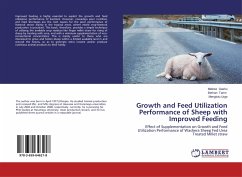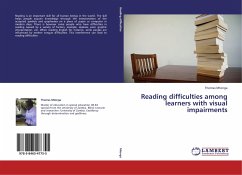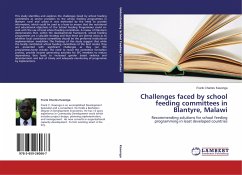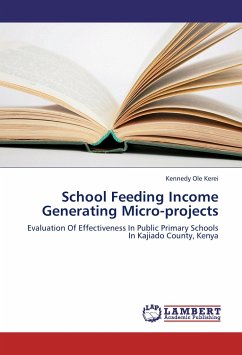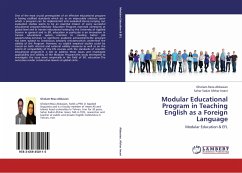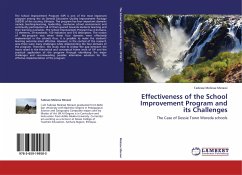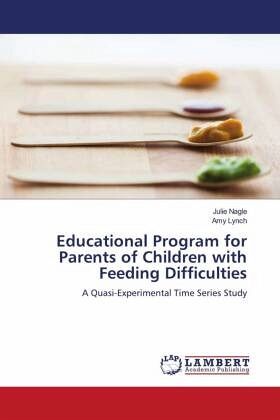
Educational Program for Parents of Children with Feeding Difficulties
A Quasi-Experimental Time Series Study
Versandkostenfrei!
Versandfertig in 6-10 Tagen
29,99 €
inkl. MwSt.

PAYBACK Punkte
15 °P sammeln!
Background: The increased prevalence of children with feeding difficulties is a pervasive struggle encountered by the child, parent, and medical professionals. This study aimed to explore the effects of providing education and support resources to parents of children with feeding difficulties.Method: A quasi-experimental, time-series design was utilized with data collected from 25 participants who identified themselves as having a child between the ages of 6 months and 12 years old with feeding difficulties. Participants completed a pre-test prior to the educational intervention, a post-test a...
Background: The increased prevalence of children with feeding difficulties is a pervasive struggle encountered by the child, parent, and medical professionals. This study aimed to explore the effects of providing education and support resources to parents of children with feeding difficulties.Method: A quasi-experimental, time-series design was utilized with data collected from 25 participants who identified themselves as having a child between the ages of 6 months and 12 years old with feeding difficulties. Participants completed a pre-test prior to the educational intervention, a post-test approximately one week later, and a post-post test approximately four weeks later. Each data set consisted of the Parental Stress Scale (PSS) and the Behavioral Pediatric Feeding Assessment Scale (BPFAS). The System Usability Scale (SUS) was utilized in the post-post data set.Results: Statistically significant differences between the pre and post test scores on all measurements were established with p < .05 in all three measurements when analyzed with a paired t-Test and large effect sizes of d = 0.71 (PSS), d = 0.75 (BPFAS), and d = 1.08 (problem score from BPFAS).



